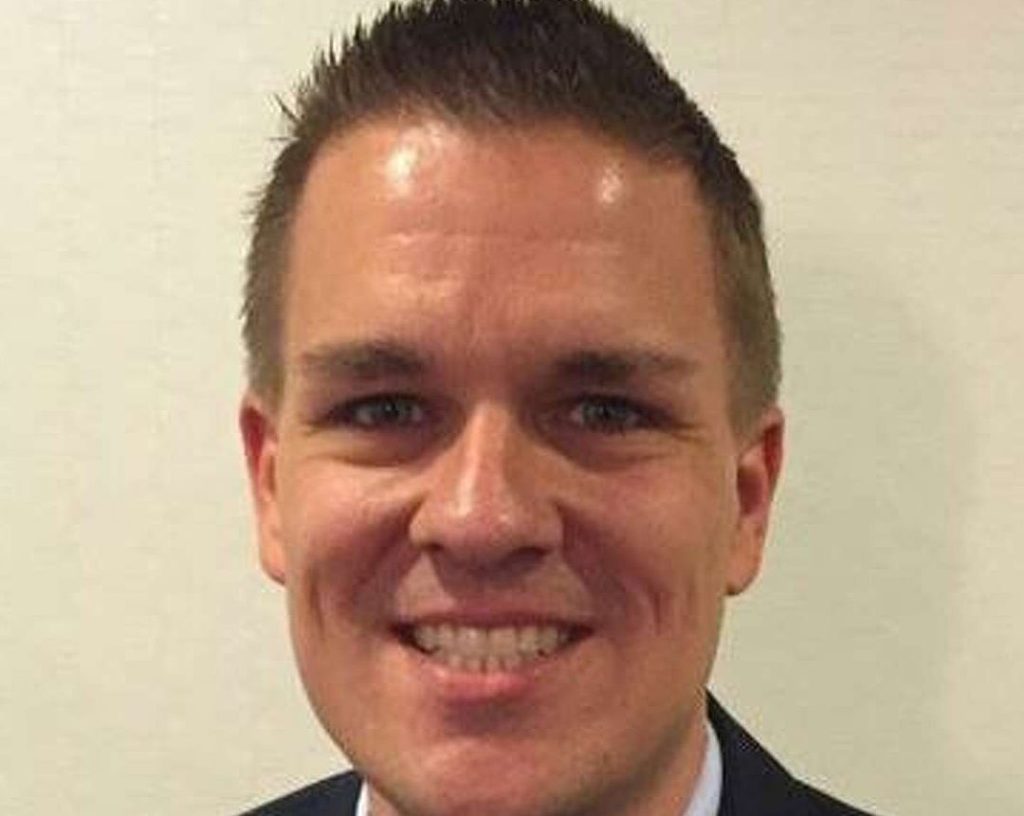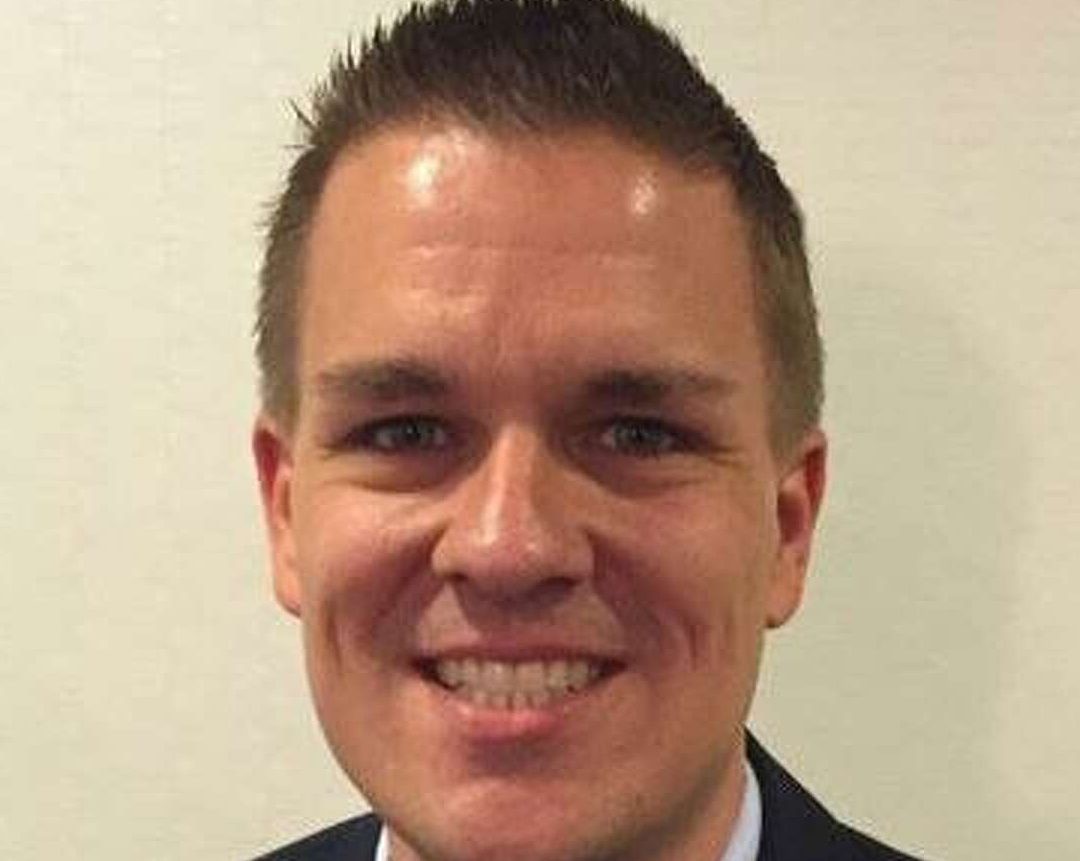
Christopher Peterson
| Christopher Peterson Wiki | |
|---|---|
| Name | Christopher Peterson |
| Profession | Criminal |
| Age | 55 years |
| Date of Birth | January 20, 1969 |
| Horoscope | Aquarius |
| Country | India |
| Height | Check Below |
| Net Worth | See Below |
Birthday Countdown
Early Life and Education
Christopher Peterson was born on February 18, 1950, in Kansas City, Missouri. He grew up with a love for psychology and a curiosity about human behavior from a young age. Peterson attended the University of Miami, where he earned his Bachelor's degree in Psychology. He then went on to pursue his Master's and Ph.D. in Clinical Psychology at the University of Colorado Boulder.
Career and Contributions
Peterson's career as a psychologist began to flourish when he joined the faculty at the University of Michigan in 1979. He quickly gained recognition for his research on positive psychology, character strengths, and virtues. Peterson co-authored the book "Character Strengths and Virtues: A Handbook and Classification" with Martin Seligman, which has become a seminal work in the field.
Throughout his career, Peterson published over 300 academic papers and received numerous awards for his contributions to psychology. He was known for his emphasis on the importance of focusing on what is right with people rather than what is wrong.
Height and Net Worth
Christopher Peterson stood at a height of 5 feet 10 inches. As of 2024, his net worth was estimated to be around $3 million, primarily from his work as a psychologist, author, and educator.
Legacy
Sadly, Christopher Peterson passed away on October 9, 2012, leaving behind a lasting legacy in the field of positive psychology. His work continues to inspire psychologists and researchers around the world to focus on promoting human flourishing and well-being.
In conclusion, Christopher Peterson was a visionary psychologist who dedicated his life to understanding and promoting positive aspects of human behavior. His contributions to the field of psychology have had a lasting impact and will continue to influence future generations of psychologists.








